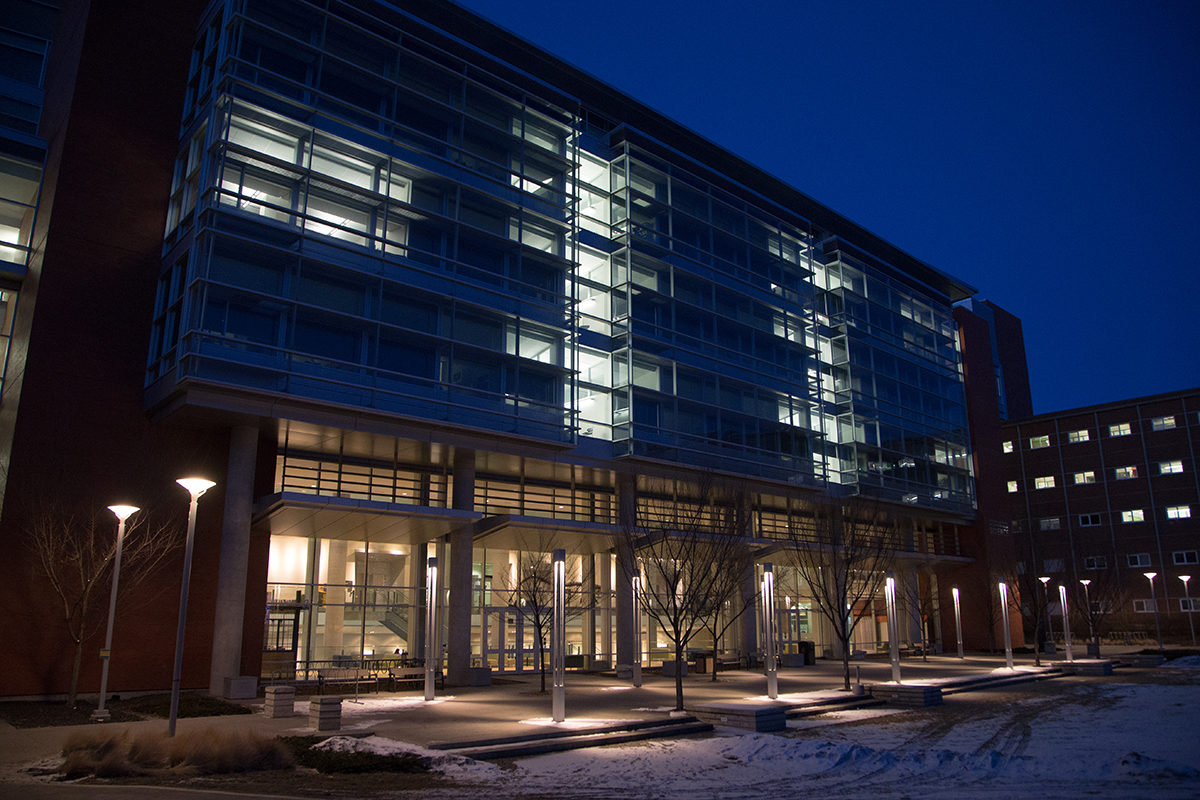Academic restructuring town hall “Zoom-bombed”
The event was briefly flooded with verbal insults and offensive images
 Joshua Storie
Joshua StorieA town hall aiming to gather student perspectives and feedback got more than it bargained for after it was briefly “Zoom-bombed.”
On December 4th, a joint town-hall event for University of Alberta arts and sciences students on academic restructuring was briefly “Zoom-bombed“, causing the event to be disrupted by offensive verbal and visual content.
The event organizers and participants were exposed to homophobic, racist, and anti-Semitic material by the perpetrators.
Marissa Gell, fifth year drama and sociology double major and vice-president (internal) of the Organization of Arts Students and Interdisciplinary Studies (OASIS), was the organizer tasked with hosting the Zoom call. In an interview with The Gateway, Gell expressed she believes that the disruptive participants are connected with the U of A, as a previous movie night event hosted by OASIS earlier in the semester was also Zoom-bombed with pornographic images.
“The meeting link was directly sent out to students from science and arts, either department association representatives or student leaders,” Gell said. “We also put it on our Instagram and Facebook, and those pages don’t have big reach outside of the university community.”
The event was interrupted during opening remarks by Dean of Science, Matina Kalcounis-Rueppell. Gell took precautionary measures due to OASIS’s previous Zoom-bombing incident, muting participants and video until these opening remarks. Interim Dean of Arts, Steve Patten, requested permission to share his screen in order to show the town hall participants Powerpoint slides illustrating the various academic restructuring proposals. When Gell updated the Zoom meeting permissions to allow participants other than the host to share their screens, individuals using the names “Ethan Bigsby,” “Lamar Davis,” and “David Winley” began to disrupt the meeting.
One of the individuals involved with the Zoom-bombing made a directed derogatory comment at Kalcounis-Rueppell. The screen was taken over and the offensive content was displayed. Gell quickly shut the disruption down, and coordinated with other organizers to move to a secured Zoom call to continue the event. The event proceeded and concluded without further incident.
Gell was disappointed with the incident. “I think it’s sad that somebody feels the need to Zoom-bomb… do you have nothing else to do with your life?”
Dean Kalcounis-Rueppell said that the Zoom-bombing was “unnerving for everybody”.
“It was unexpected, vulgar, and offensive,” Dean Kalcounis-Rueppell said. “Personally, because this happened while I was speaking, I felt very caught off guard and surprised about how unnerving the experience was.”
“What was most disappointing for me was that our time was interrupted and cut short by this incident,” she continued. “I was looking forward to spending the entire scheduled time discussing the important topics at hand with our students. I’m sorry that everyone experienced this.”
Dean Patten echoed Dean Kalcounis-Rueppell’s words.
“The Zoom-bombing was disturbing on a couple of levels. Obviously, it was rude and offensive. But, equally important, this immature intervention disrupted a very useful event,” Dean Patten said. “I was proud of how the student leaders in charge of the event calmly responded by shifting the event to a new Zoom room, allowing the discussion of academic restructuring to continue.”
Gell says that OASIS has strengthened their Zoom meeting protocol to prevent situations like this from occurring in the future. She explained that meeting participants will have to verify their identity by using a Zoom account. Gell said she recognizes this would be an additional inconvenience for students, but this additional security measure would be important, given that individuals who participate in Zoom-bombing are likely to attempt to do so no matter the circumstances.
Kalcounis-Rueppell is using this experience as an opportunity to remind people who coordinate university related online meetings to exercise caution.
“Security is important in the virtual meeting world. I would encourage everyone to use University of Alberta accounts to schedule virtual meetings, and to password protect virtual gatherings,” Dean Kalcounis-Rueppell said.
“I have also shared this experience with some of my fellow deans so that they could share this information about avoiding Zoom-bombing with their student groups.”




